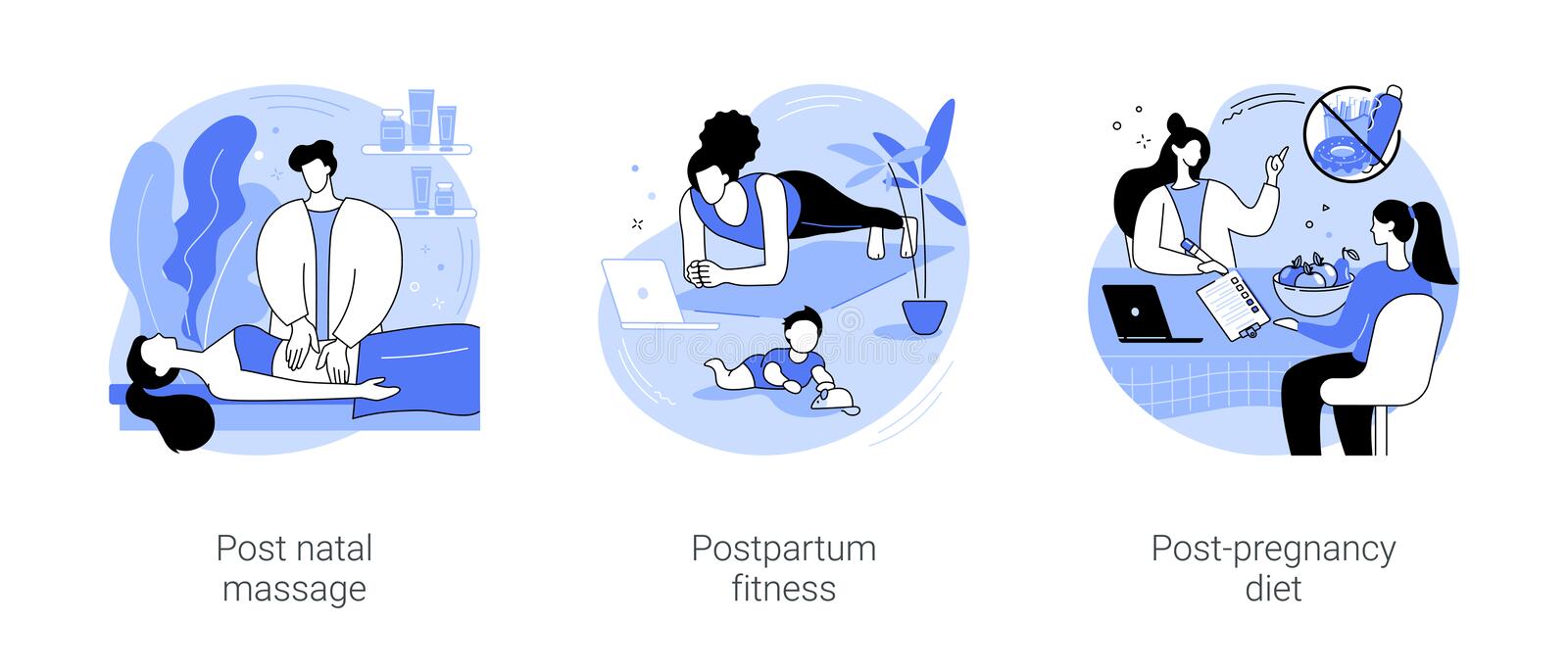
Congratulations on your upcoming arrival! Postpartum planning is an essential part of preparing for the appearance of your baby. Postpartum planning is an important process for new parents to consider before and after the birth of their child. It involves thinking ahead and preparing for the postpartum period’s physical, emotional, and practical aspects. Here are some steps to help guide you through the process:
Identify Your Support System: It is essential to have a support system in place before and after delivery. Identify family members, friends, or community resources that can help you prepare meals, run errands, or care for your older children.
Create a Postpartum Care Plan: A postpartum care plan outlines your needs and preferences for your recovery period. This can include meal delivery services, help with house cleaning, or a postpartum doula.
Plan for Baby Care: Consider who will care for your baby while you recover. Discuss childcare options with your partner or family members, and research local daycare centers or nanny services if needed.
Prepare for Breastfeeding: If you plan to breastfeed, talk to your healthcare provider about how to prepare. Consider attending breastfeeding classes, purchasing a breast pump, and learning about lactation consultants in your area.
Consider Your Emotional Health: Having a baby can be an emotional rollercoaster, and it’s essential to prioritize your emotional well-being. Discuss postpartum depression screening with your healthcare provider and identify a mental health provider specializing in postpartum care.
Plan for Returning to Work: If you plan to return after having a baby, consider childcare arrangements, pumping at work, and other logistics.
Stock Up on Essentials: Before your due date, stock up on essentials like diapers, wipes, and baby clothes. This will save you from making multiple trips to the store during those early weeks.
Remember that every family’s postpartum experience is unique, so be flexible with your plan and be willing to adjust as needed. And most importantly, take care of yourself and your baby during this exciting time!
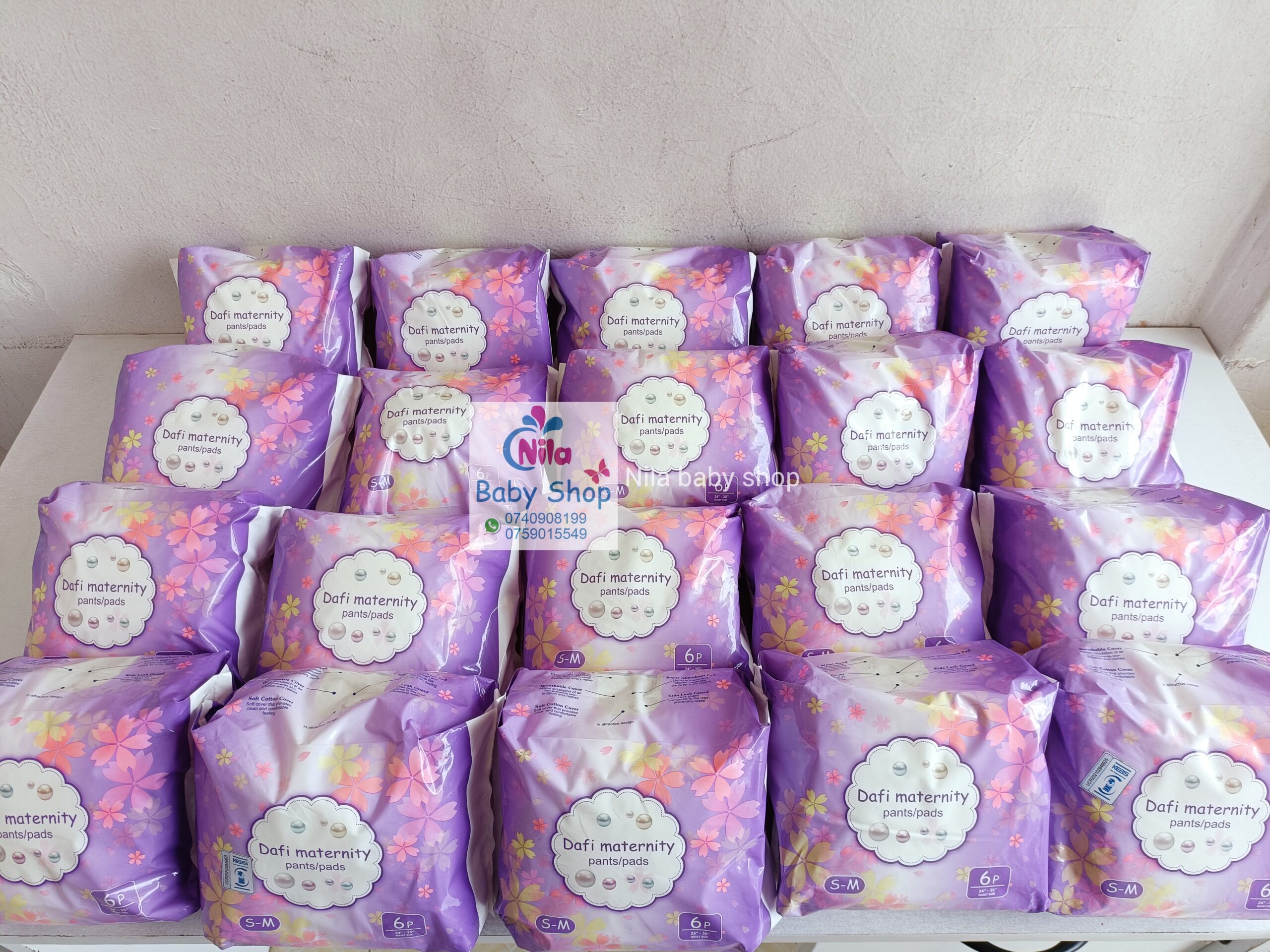
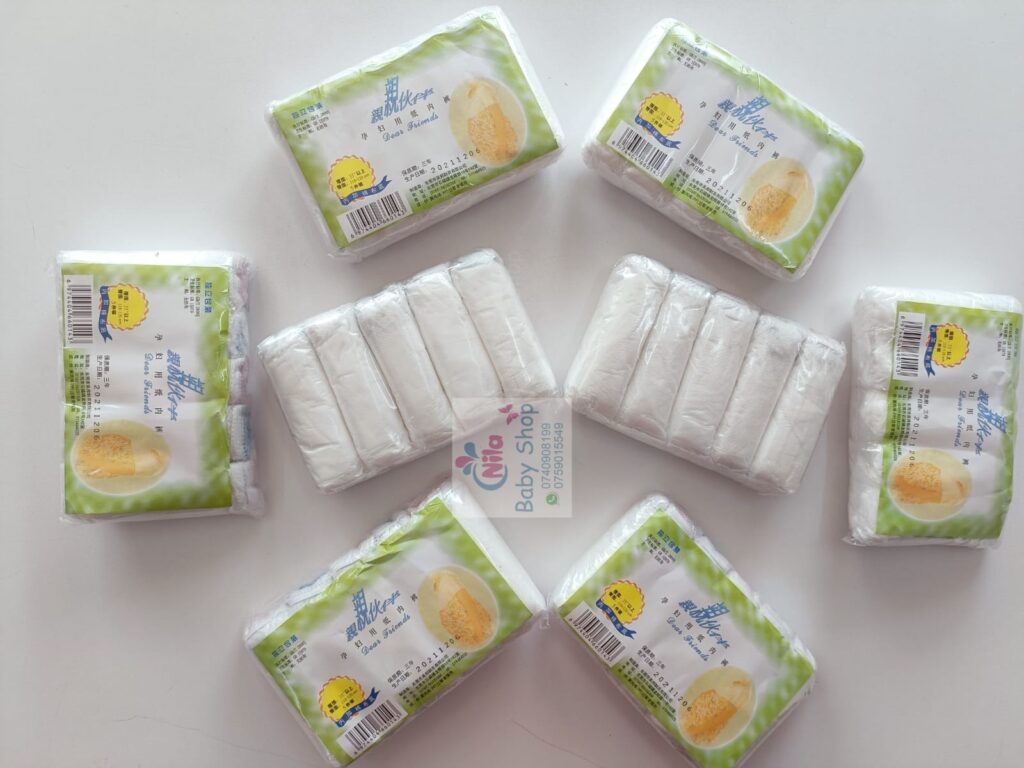
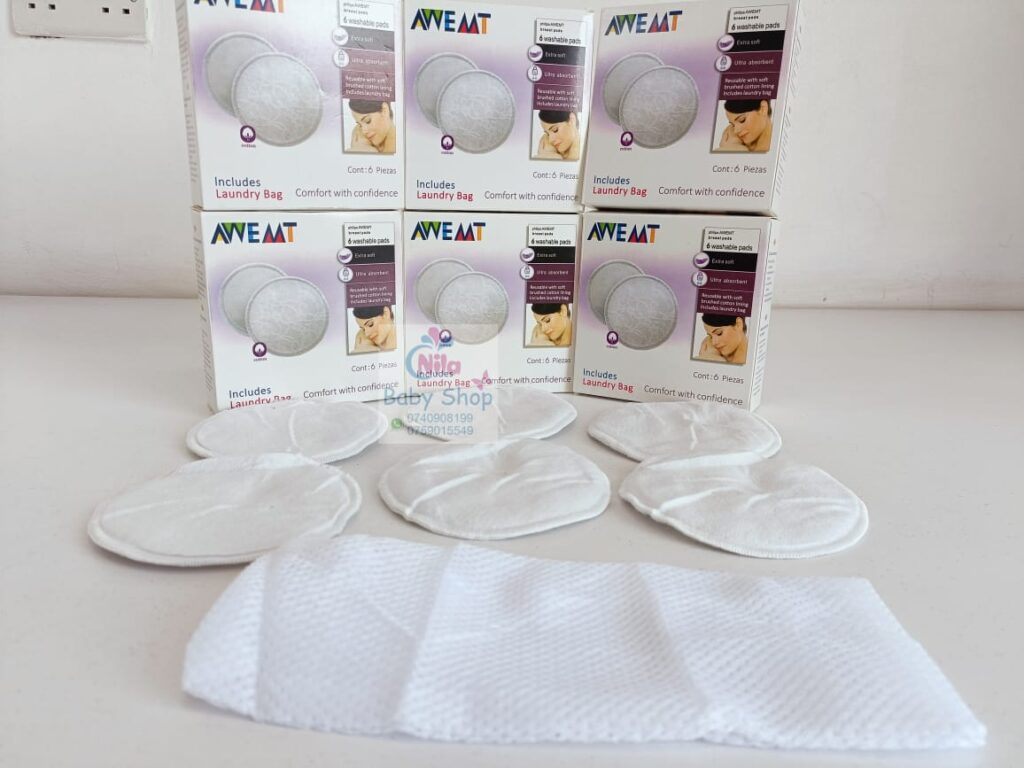
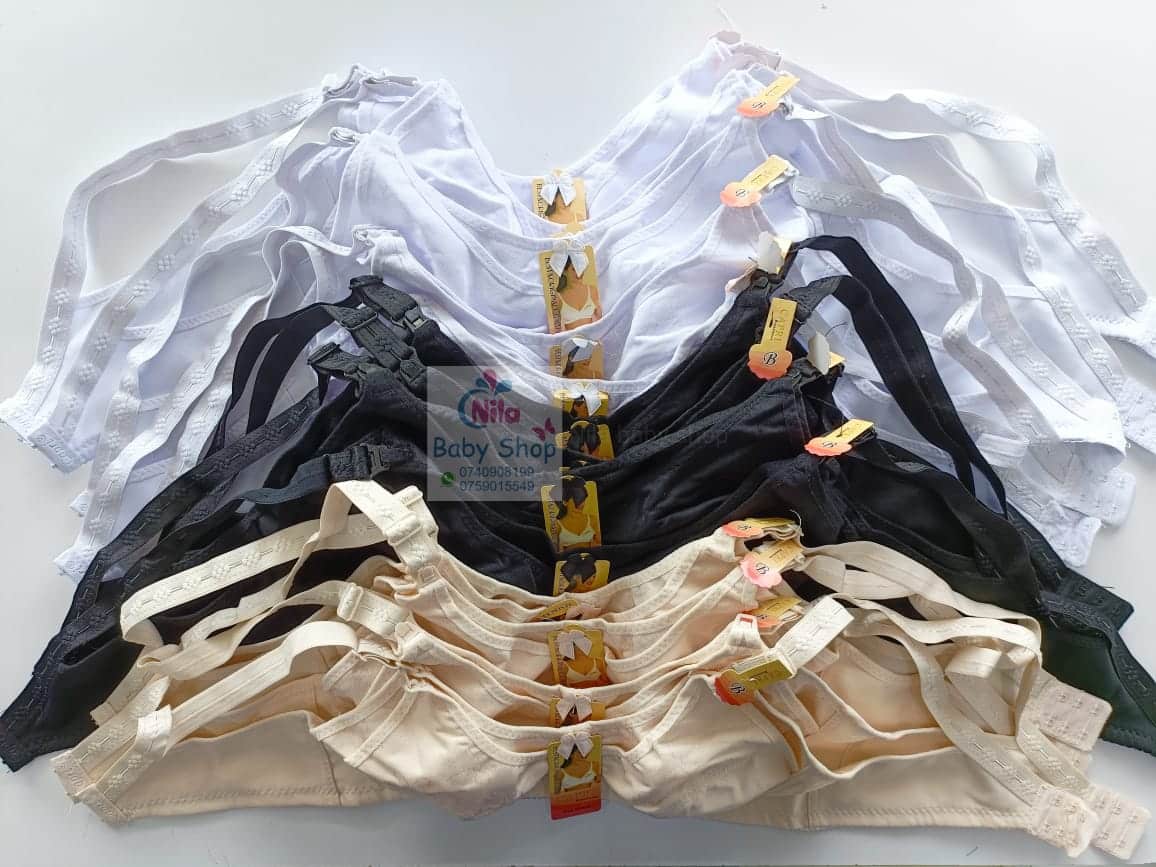
How To Make a Postpartum Plan
Making a postpartum plan involves considering your needs and preferences for the postpartum period and preparing accordingly. Here are some steps to help you create a postpartum plan:
Start early: Ideally, you should begin planning for your postpartum period during your pregnancy. This will give you enough time to research and make the necessary arrangements.
Identify your support system: Consider who can help you during the postpartum period. This can be your partner, family members, friends, or a postpartum doula.
Think about your recovery: Consider your physical healing after giving birth. Consider things like meals, rest, and any necessary medications or supplies.
Plan for breastfeeding or bottle feeding: Decide if you plan to breastfeed or bottle-feed your baby. If you plan to breastfeed, research resources and support such as lactation consultants, breastfeeding classes, and breastfeeding supplies. If you plan to bottle-feed, have the necessary supplies on hand.
Make a plan for childcare: If you plan to return to work, start looking into your childcare options early. You can consider daycare centers, hiring a nanny, or asking family members to help with childcare.
Consider your mental health: Plan for ways to care for your mental health during the postpartum period. This can involve discussing your mental health with your healthcare provider, joining support groups, or having a therapist available.
Adjust your budget: Consider the financial implications of having a new baby and adjust your budget accordingly. Consider expenses such as diapers, baby gear, and medical bills.
Prioritize self-care: Plan for ways to prioritize your self-care during the postpartum period. This could involve asking for help from friends or family, setting aside time for yourself, or delegating household chores to others.
Please write it down: Once you have considered all the necessary aspects, write down your postpartum plan. Plan out your daily schedule and routine to help you manage your time and adjust to life with a newborn.
Communicate your plan: Share your postpartum plan with your partner, family members, and healthcare provider. This can help ensure that everyone is on the same page and can provide the support you need.
Remember that postpartum plans can be flexible and should be adjusted as needed. The most important thing is to prioritize your needs and your baby’s.
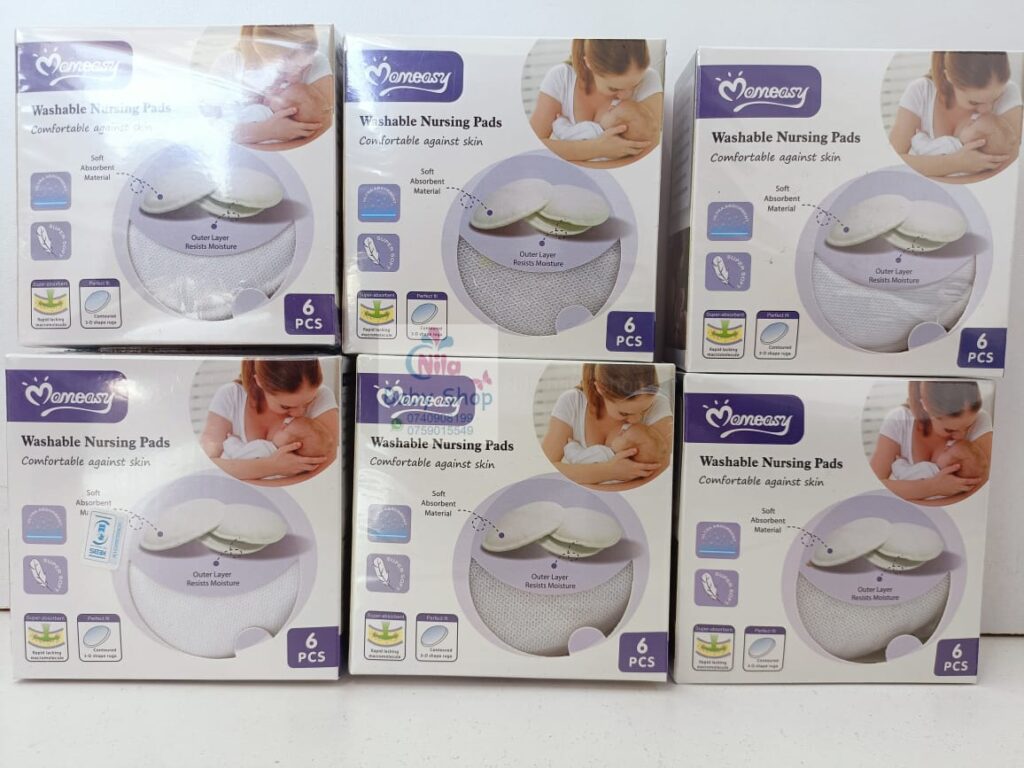
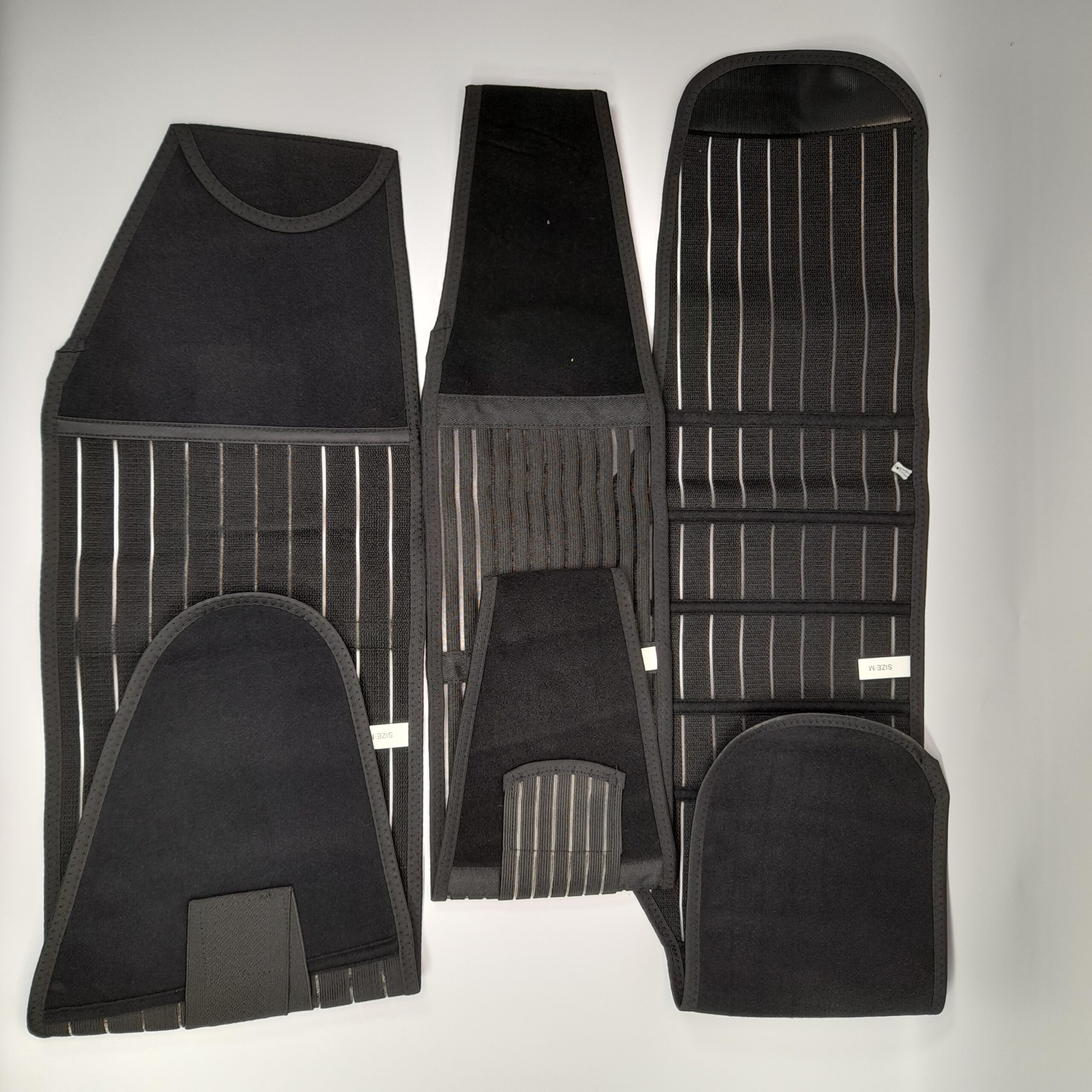
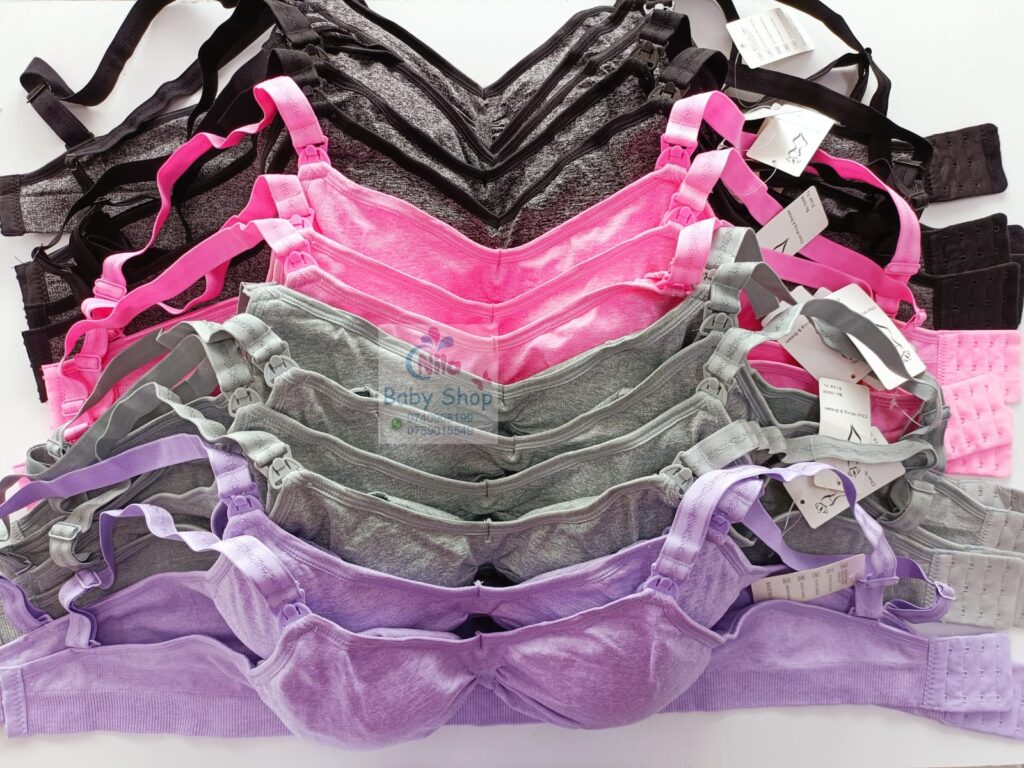
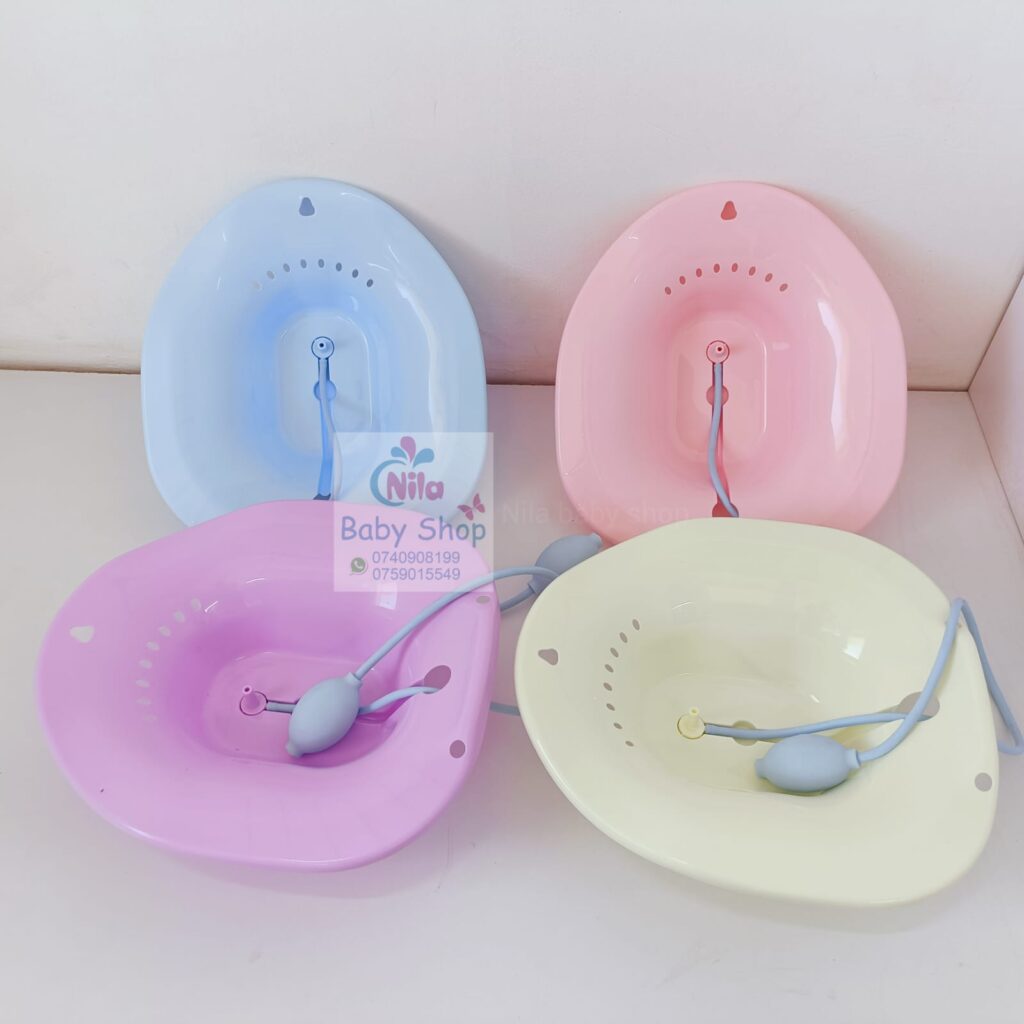
Postpartum Planning For Couples
A postpartum plan for couples typically includes a range of considerations to help ensure a smooth and healthy transition for both the mother and father after the birth of their baby. Some important aspects to consider may include:
Emotional Support: Both parents need emotional support postpartum, which can be challenging. This may include seeking counseling or support groups and developing a family and friends support network.
Physical Recovery: The mother’s physical recovery after childbirth can take several weeks or months. A postpartum plan may include proper nutrition, rest, and exercise guidance to support her healing.
Feeding: A plan for feeding the baby, whether breastfeeding, formula feeding, or a combination of both, is important to establish early on.
Sleep: Lack of sleep can be a major challenge for new parents, so it’s important to establish a plan for how both parents can get adequate rest.
Household Chores: With a new baby, household chores can quickly become overwhelming. A plan for managing these tasks can help reduce stress and ensure both parents have time to rest and bond with their babies.
Childcare: Deciding on a childcare plan, such as hiring a nanny or enrolling the baby in daycare, can be an important part of a postpartum plan.
Time for Self-Care: Both parents should prioritize taking time for self-care to avoid burnout and maintain their own physical and emotional well-being.
In conclusion, a postpartum plan should be tailored to the unique needs and preferences of the couple and may require some flexibility as they adjust to life with their new baby.
Steps to Help Support Postpartum Recovery
Congratulations on your recent delivery! The postpartum period is a time for healing, rest, and recovery. Here are some general steps you can take to help support your postpartum recovery:
Rest: It’s important to prioritize rest and sleep postpartum. This can help your body heal and recover from the physical demands of pregnancy and childbirth. Aim for at least 8 hours of sleep each night and take naps during the day when you can.
Stay hydrated: Drinking plenty of water and other fluids can help your body recover and support breastfeeding if you’re nursing. Aim for at least 8-10 glasses of water per day.
Eat a healthy diet: Eating a balanced diet with plenty of fruits, vegetables, whole grains, and lean protein can help you feel energized and support your body’s recovery. Talk to your healthcare provider about any specific dietary needs you may have.
Do Kegel exercises: Kegel exercises can help strengthen the pelvic floor muscles, which can weaken after childbirth. These exercises involve contracting and relaxing the pelvic floor muscles, which you can do several times daily.
Practice good hygiene: Keep your incision or perineal area clean and dry to prevent infection. Take showers instead of baths, use a peri bottle to clean after using the restroom, and change pads frequently. You can use warm water and mild soap to clean the area after using the bathroom. Avoid using perfumed or scented products, which can irritate the area.
Take pain relief medications: Your healthcare provider may prescribe pain relief medications to help manage any discomfort or pain you may experience.
Attend follow-up appointments: It is essential to attend your follow-up appointments with your healthcare provider to ensure your body is healing properly. They may also offer additional advice and support for your recovery.
Reach out for help: Don’t hesitate to ask for help from family, friends, or a postpartum doula if you need it. You deserve to rest and recover; having support can make all the difference. Remember, every postpartum recovery is different, so be patient and don’t compare your experience to others. Trust your body and listen to your healthcare provider’s recommendations for a safe and healthy recovery.
Written by Nila Baby Shop
Best Baby and Mother Products Store. Our main objective is to provide an exceptional online shopping experience, home delivery, and prompt customer service.
Leave a Reply